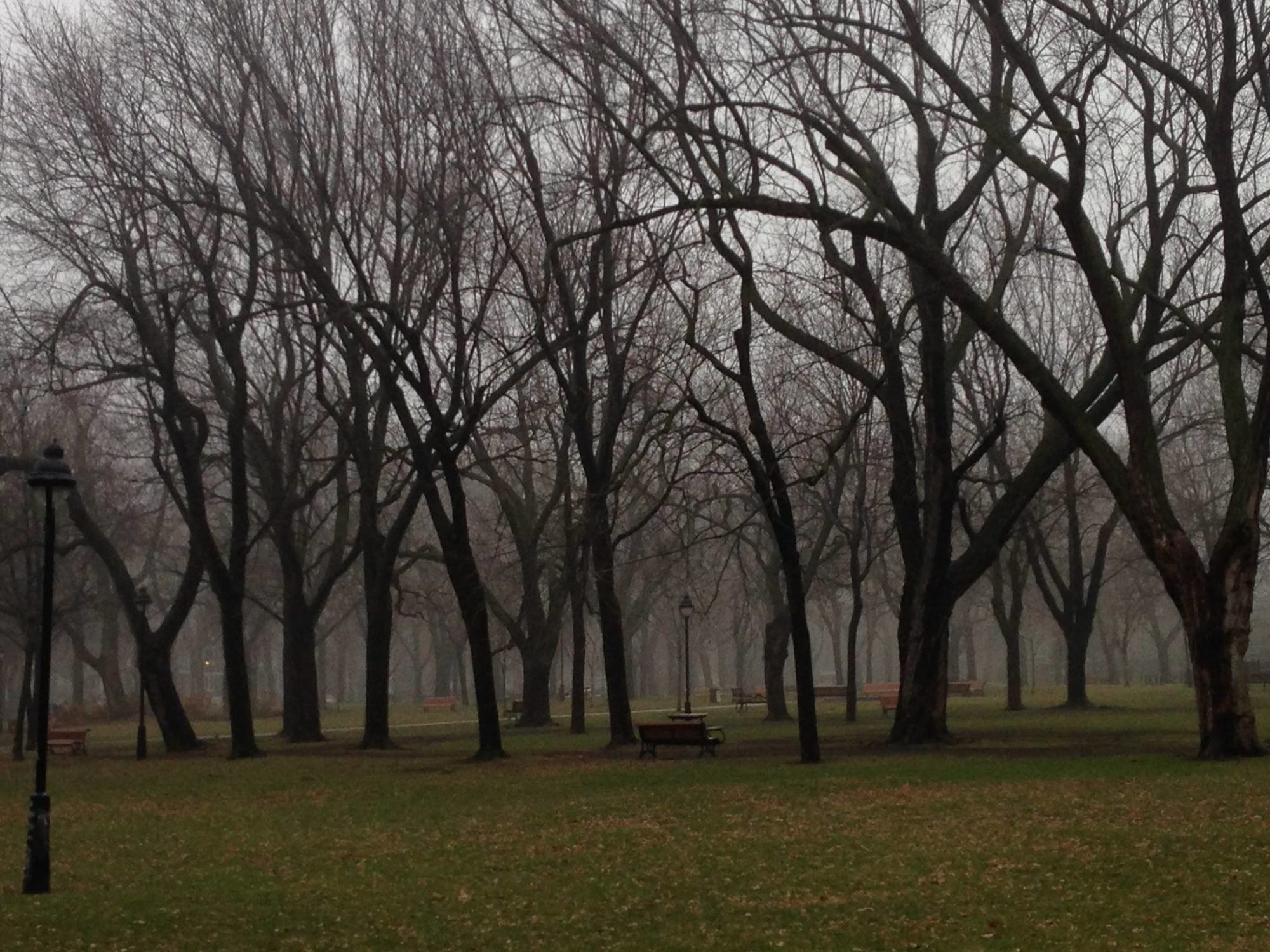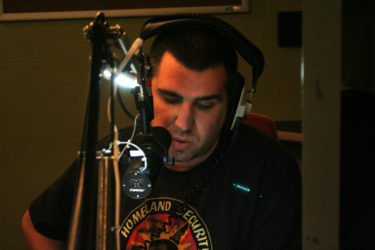One of the most difficult sessions taking place at the Truth and Reconciliation commission was the Sharing Circle. Sitting down and listening to elders speak about what they went through in the residential schools. Rebecca Williams and Barney Williams were two members of the TRC survivor committee who acted as moderators for the other speakers. Barney started by thanking the creator for giving him and the survivors the strength to speak and for everyone for attending.
One of the first speakers, Norman Mianscum spoke about how the majority of his family had ended up in the schools. “In all they were 28 nieces and nephews that grew up not knowing their language and culture because my siblings who had attended the schools were to ashamed to teach it to themâ€. At the bequest of father, Norman became the caretaker of all the children because he like his parents didn’t drink. He helped his mother take care of those who needed it, being a teenager in the 70’s and 80’s he was tramatized by everything he saw. It was only when he came to Quebec when was he was 24 to find himself and begin the slow journey to healing himself.
Norman’s story as difficult as it was a common theme during the sharing circles, the way survivors talked about the abuse made it hard to imagine that kind of evil happening to children. Connie Shingus who went to a school in Saskatchewan, talked about being separated from her sisters due to age. She talked about the sexual abuse how a lot of the girls including her were targets of the staff. When she arrived at the TRC she wasn’t sure she would want to speak about what went on in the school and how it had destroyed her family. “ I wasn’t planning to be here in this circle, I here because I want so badly for it to stop running my life. I live that shunned unwanted feeling daily, I’m lost, my family is broken up and I came in hopes of finding pictures so that I was see the truth of what happened to me.â€
Connie echoed what a lot of survivors feel and what the schools were successful is accomplishing was not only killing the Indian in the child but also destroying their self worth, trust and putting fear in it’s place. Elisabeth spoke next, she talked about the separation from her parents and how she didn’t understand why she and her cousins were in the school? Why were they beaten because they spoke their own language and why was their hair cut?
Naturally the sexual abuse was the hardest to listen to, one survivor had talked about how she had been raped at the age of 12 by the bishop who was visiting the school at that time and how she had gotten pregnant from that rape. When the child was born she was told that the child had died. The rapes continued once month for 6 years while she stayed at the school. She talked about her difficulty share her experiences with her children and how it would be years before she could talk about it.
One of the many services the TRC provided were health care workers for the survivors and their families as well as for the guests, many of which were wiping away tears. Another service was a smudging room, where people could go to be alone with their thoughts or just to talk to someone. The survivors also had access to daily sweat lodges which took place at the botanical gardens, a shuttle was provided to take them to and from 4 times a day. The TRC made sure to organize the event around the survivors and their families. To make sure that the process was as comfortable as possible. The House of Friendship provided many of the volunteers and many of the events will posted on the TRC website.
Irkar Beljaars
 mohawk_voice (Twitter)

